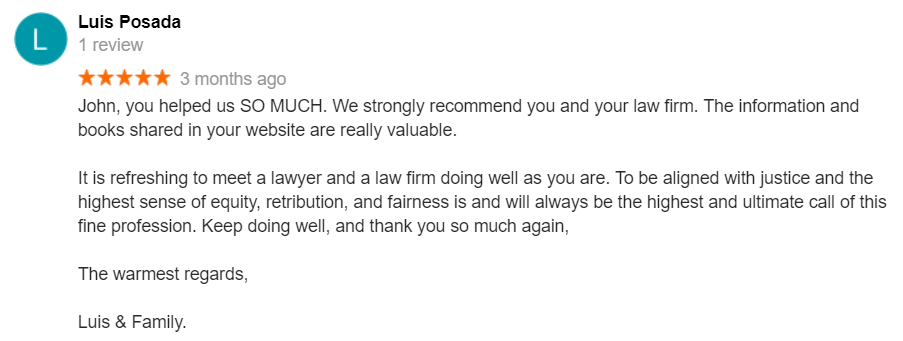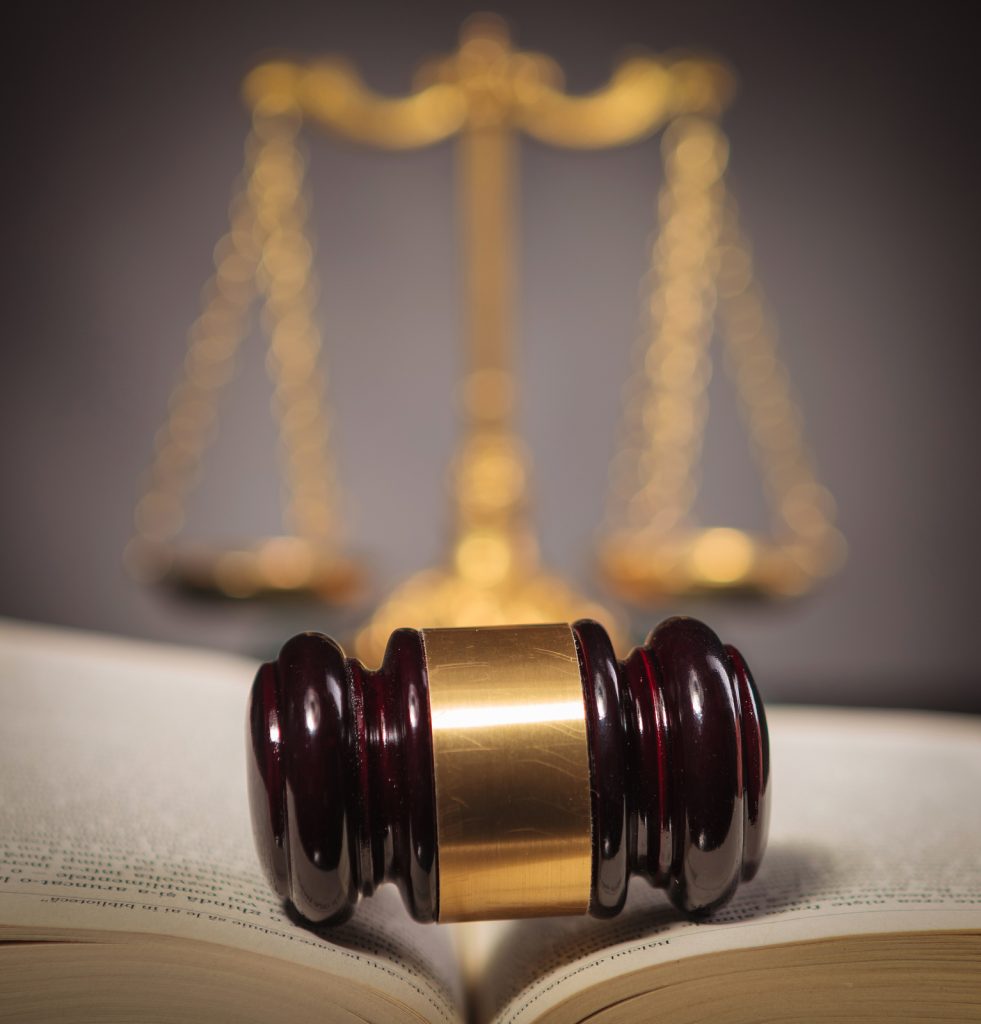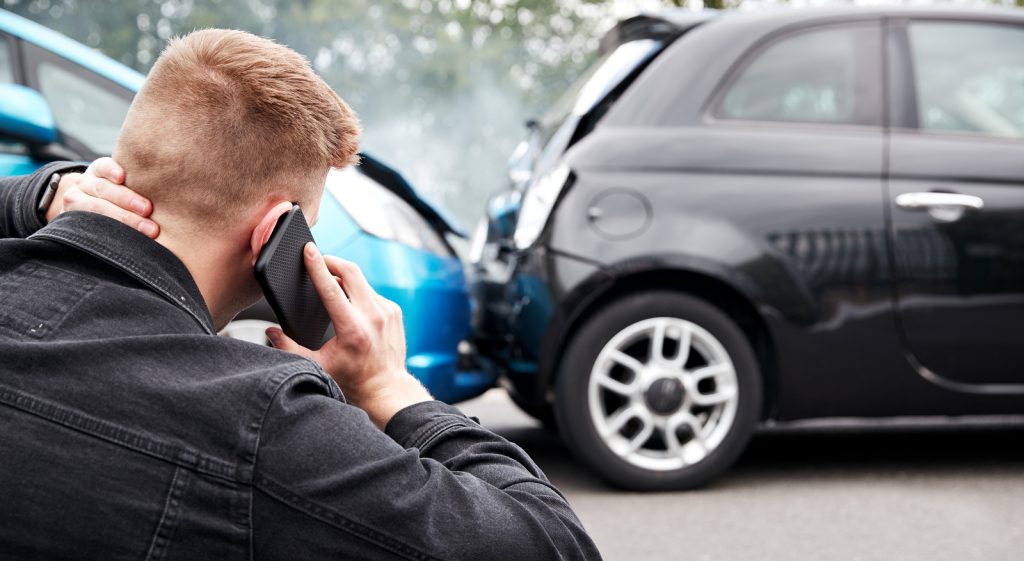If you’ve been in a car or truck accident, it is normal to feel upset or distressed. However, it’s important to know the 5 simple steps you should take after a car accident in order to protect your legal rights to receive compensation for your injuries and property damage.
Step 1: Get the facts
Immediately after an accident, gather as much information as possible. Get the other driver’s name, address, telephone number, insurance policy number and license plate number. Do the same for any witnesses. If a witness is reluctant to give their information, or you see a potential witness who isn’t stopping, consider taking a picture of their vehicle, and their license plate — the police or your insurance company may be able to use this information to track them down if they need to be called to court.
Also, take pictures of the accident scene. Take pictures showing the positions of the cars (before they are moved) to help investigators figure out what happened. Then move to a safe, well-lit, location and take detailed, close-up pictures showing the damage to each car.
If you have any visible injuries take pictures of them as well.
Step 2: File a police report
File a police report. In Nova Scotia, a police report is required by law if there is more than $2000.00 worth of property damage to either vehicle. But even if it doesn’t look like there are significant damages it is a still a good idea to file a report. Without a police report, there is no independent verification that an accident even happened.
Step 3: Call your insurance company
Call your insurance company as soon as possible. Some companies will send their own investigators to the scene of a serious accident to gather photos and other evidence that can later be used to help your claim. Your insurance policy also contains a deadline by which you must notify your insurance company of the accident. If you fail to meet this deadline, you may lose the ability to receive benefits if you have to make a claim.
Step 4: Write down your statement
When everything settles down, write down what happened as you remember it. Include how the accident happened, the date, the time, the weather, what people said at the scene, and any other relevant details. Car accident claims can take months or years to resolve, and this record will help your memory down the road. Emailing yourself is a good way to do this so there is proof of the date and time that you wrote down these facts, if you are later accused of making something up after the fact.
Step 5: See your family doctor
Even if you don’t believe you are injured, schedule an appointment with your family doctor at the earliest possible time following the crash. The effects of a concussion can be subtle and may not be apparent to the injured victim. Internal injuries may not be immediately visible or noticeable, especially with adrenaline flowing following a crash. Your doctor may be able to identify and document symptoms of injuries you weren’t aware of.
If your doctor recommends an additional checkup or follow-up care, follow their advice to the letter. Failing to do so could jeopardize your right to receive compensation.
Once you’ve completed these steps, contact a Nova Scotia personal injury lawyer to learn more about your rights and the next steps you should take to receive full compensation for your injuries and other expenses.











